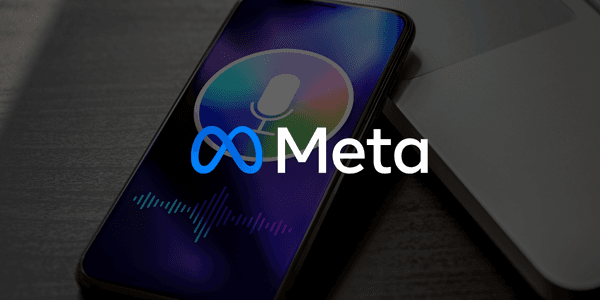You ask a question, and even before you finish the sentence, a voice on your phone responds as if it were a friend. Sounds convenient, right? Meta is taking exactly this step with its new AI chatbot app towards everyday, voice-driven interaction. The app is not a complete newcomer: it is a renamed version of the existing "Meta View" app, originally intended for the Ray-Ban Stories smart glasses. Now, this app is gaining a new function as a personal AI assistant for on-the-go use.
The promise of a social AI
Built on the powerful Llama 4 model, Meta AI is designed to be a conversational assistant that gets to know you. The chatbot is already active on platforms like WhatsApp, Facebook, Instagram, and Messenger, but is now getting its own space as a standalone app. With this, Meta aims to make conversations more natural. The AI recognizes context, voice, and preferences. This is expected to lead to better, more personalized responses.
According to Meta, this is an AI that "talks easily, is socially engaging, and focuses on the people and places that matter to you." Additionally, a demonstration of new voice technology has been included, allowing users to speak directly with the AI. This full-duplex technology enables speech to be generated live rather than being read aloud.
Impact on users and businesses
The AI is designed to be continuously available. For businesses, this could mean a new communication channel. Customers can ask questions and receive information in an accessible manner. It could support or even replace customer service. At the same time, a new playing field is emerging where brand experience through AI plays a role. Consider personalized interaction based on customer behavior.
At the same time, criticism is growing. Meta's AI has previously been linked to inappropriate conversations. Concerns about dependence on voice-controlled systems are increasing, especially among young people and vulnerable users. Additionally, the growing role of AI in personal interaction may contribute to feelings of loneliness.
User data as fuel for AI
In addition to technological innovation, Meta is also taking a further step in data collection. Starting at the end of May 2025, Meta will use publicly shared information and photos from users on Facebook and Instagram to train its AI. If you do nothing, you are implicitly agreeing to this. Those who wish to prevent this must object via their account settings before May 27.
Here's how it works:
Go to your Facebook or Instagram account, navigate to Settings > Privacy Center, and click on the blue text 'object'. Enter your email address and, if desired, a reason, then click Send. You will receive a confirmation email shortly after. Keep this safe.
The Consumers' Association believes that Meta must explicitly ask for consent before user data is utilized. Until that happens, the association urges Meta and the regulators to take action. Because while Meta aims to improve its AI, the question remains to what extent users have control over it.

